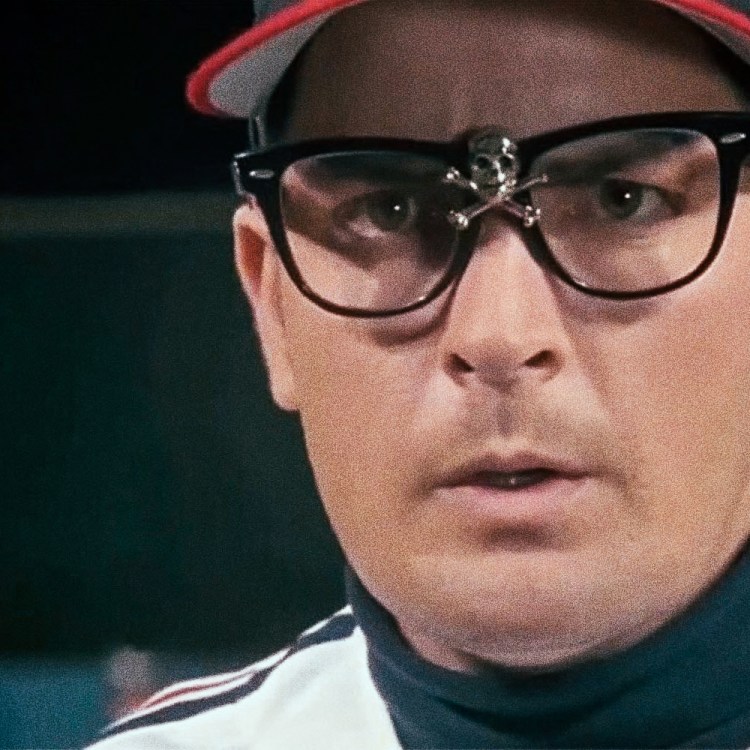Opinions vary in the NFL on the effectiveness of play calling, but a handful of coaches are still big proponents of doing it themselves. Green Bay Packers coach Mike McCarthy is one of them, and encourages it among his peers. As he told ESPN recently, “if you’re known for something as a head coach, I feel your team should emulate that. That’s why you got the job.”
Play calling is considered pragmatic strategizing at best and petty micromanaging at worst, and there are arguments against it that favor handing it off to assistants and coordinators or letting players execute plays on their own. McCarthy, whose process begins with video and heaps of data of the Packers’ upcoming opponents, likens it to chess. “[It’s] the best part of my job,” he says. “I love it because it’s about putting your guys in better position than he has his guys in.”
New Orleans Saints coach Sean Payton sees play calling as a community effort; his staff helps him decide the plays on every game’s call sheet. He also sees the defensive benefits of not calling plays, but he defends play calling’s allowance of risk, especially if he’s calling the game and can assume responsibility (and control) over risky plays.
Kansas City Chiefs coach Andy Reid’s play calling system is similarly collaborative. With help from assistants and coordinators, Reid scripts the first 15 plays of each game, then meets with the team to go over his strategy. “It gives the players a little heads up on what’s coming and kind of eases them into it,” Reid says. “And it gives the coaches an opportunity to see some things that otherwise they might not get to see.”
As stated previously, different teams have different standards of play calling. But whether coaches are for or against it, their advice tends to stay the same: only do it if you’re good at it.
This article was featured in the InsideHook newsletter. Sign up now.


















